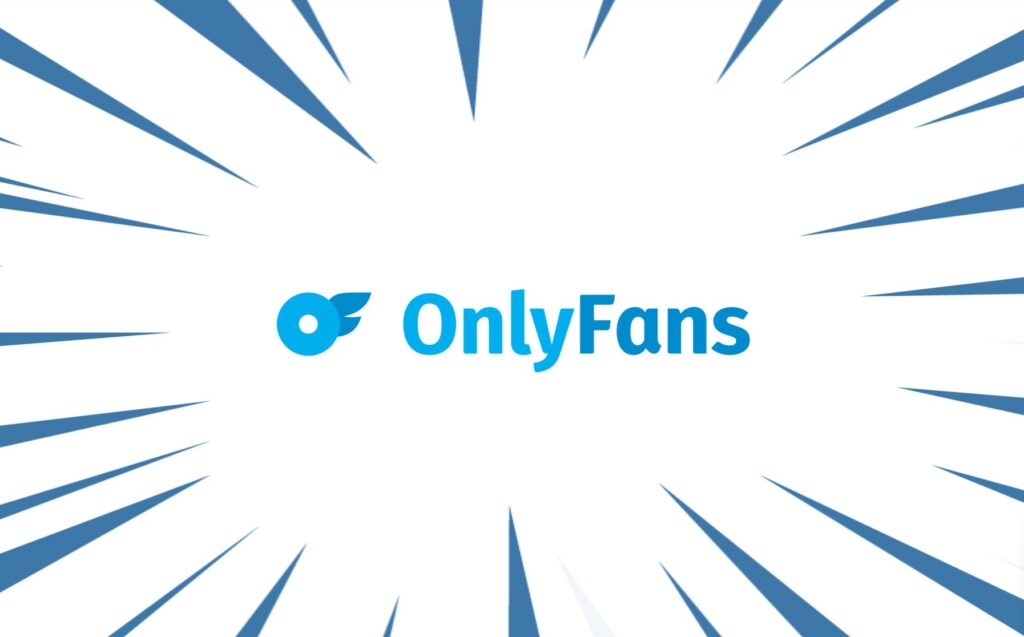
The massive clash between adult content creators and pirates, now transferred to automated copyright protection systems, is beginning to radically change the face of the Internet. Every day, it becomes increasingly difficult to navigate online, and the reason is not only censorship, but also the imprecise functioning of algorithms. This phenomenon is particularly evident on platforms like OnlyFans, where independent creators are trying en masse to protect their material from leaks and unauthorized distribution.
Pornography piracy has been present on the web since its inception, but with the explosion of subscription revenue, more and more creators have begun to rely on specialized companies to file DMCA (Digital Millennium Copyright Act) complaints against sites that steal their content. Today, however, the automation of this process is generating huge errors: neural networks flag content that has nothing to do with the creators, and Google even removes completely innocent pages from search results.
A case in point concerns an article about Instagram’s virtual therapists, which disappeared from Google due to a DMCA complaint filed by Takedowns AI on behalf of model Marie Temara. Among the 68 disputed links was a collage of images generated by neural networks with no connection to Temara. And the false positives don’t stop there: the same takedown request even included screenshots of GTA V, sports images, movie posters, and materials from news sites like Wccftech and Bloody-Disgusting.
The problem stems from a system that records hundreds of complaints every day. Since 2022, Takedowns AI has sent nearly 12 million reports to Google. While many are legitimate, the level of false positives puts academic, journalistic, and artistic resources at risk. It even happened to a University of Missouri article on bees, which was removed simply because the author’s name matched that of a model.
Other companies, such as Cam Model Protection, claim to drastically reduce errors thanks to whitelists and manual checks, reiterating that the mere mention of a name or news item does not constitute copyright infringement. However, pressure on creators is increasingly pushing them to request the removal of any reference to their name, even when completely neutral.
Many authors, such as model Elaina St. James, have confirmed the usefulness of anti-piracy services in fighting illegal copies and fake accounts. While admitting that the best results are achieved with manual reports, platforms also don’t always cooperate: TikTok and numerous foreign sites ignore complaints.
The massive use of automated systems is not new: just consider the historical limitations of YouTube’s Content ID. But with the growth of independent creators and the reliance on AI, errors are increasing, and the internet is turning into a battlefield between automated complaints, platforms that process them mechanically, and innocent sites caught in the crossfire.
Legal experts emphasize that the DMCA remains a powerful weapon, capable of censoring legitimate content without real verification. With the development of artificial intelligence, false positives will become increasingly frequent, fueled by malice, incompetence, or simple algorithmic errors.
Despite this, companies like Takedowns AI shift some of the blame onto the creators themselves, who often demand the indiscriminate removal of links and citations. Google, for its part, claims to maintain automatic and manual controls, with the possibility of filing counter-complaints.
The reality, however, is that the vulnerabilities are systemic: Google’s monopoly, the limits of automation, the flaws of the DMCA, and the platforms’ inability to distinguish between genuine infringements and coincidences. The result? An increasingly fragile web, where innocent sites disappear and pirates continue to thrive.
Follow us on Google News to receive daily updates on cybersecurity. Contact us if you would like to report news, insights or content for publication.
